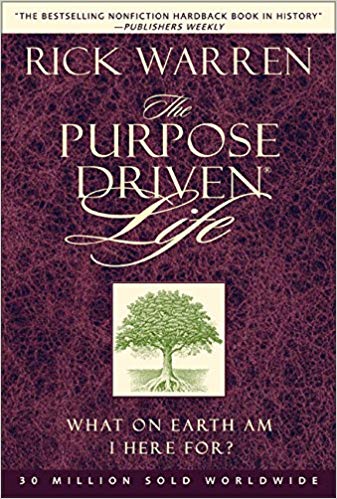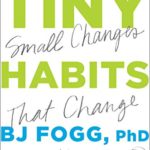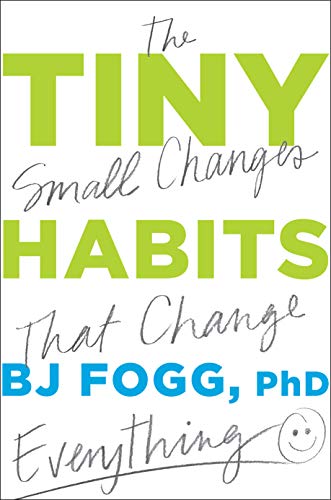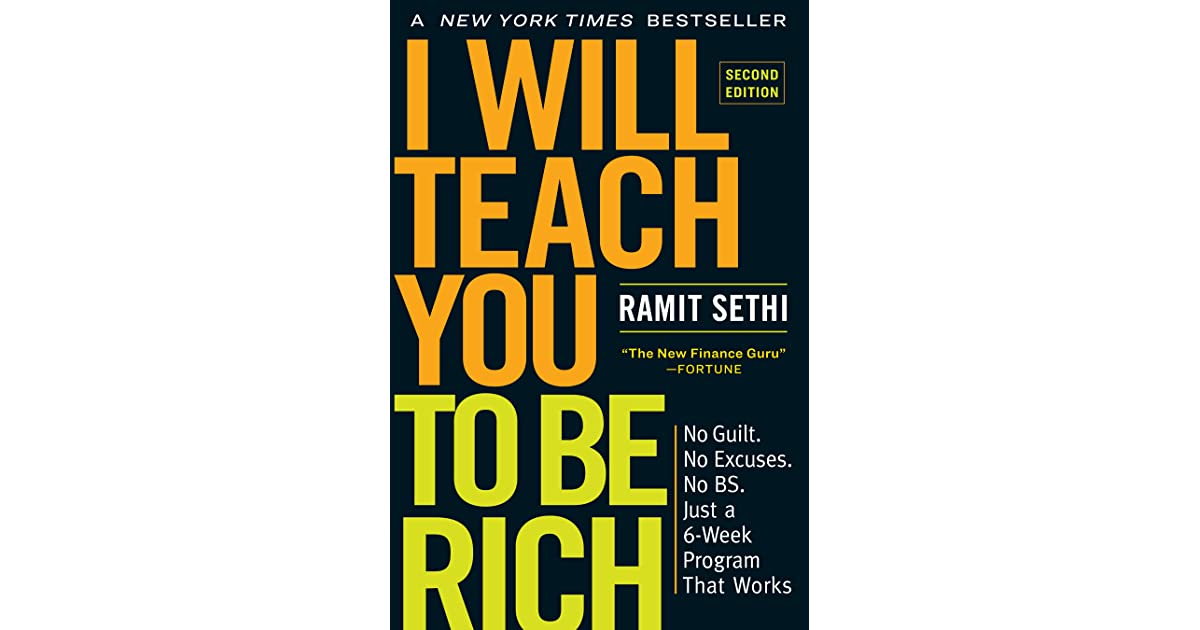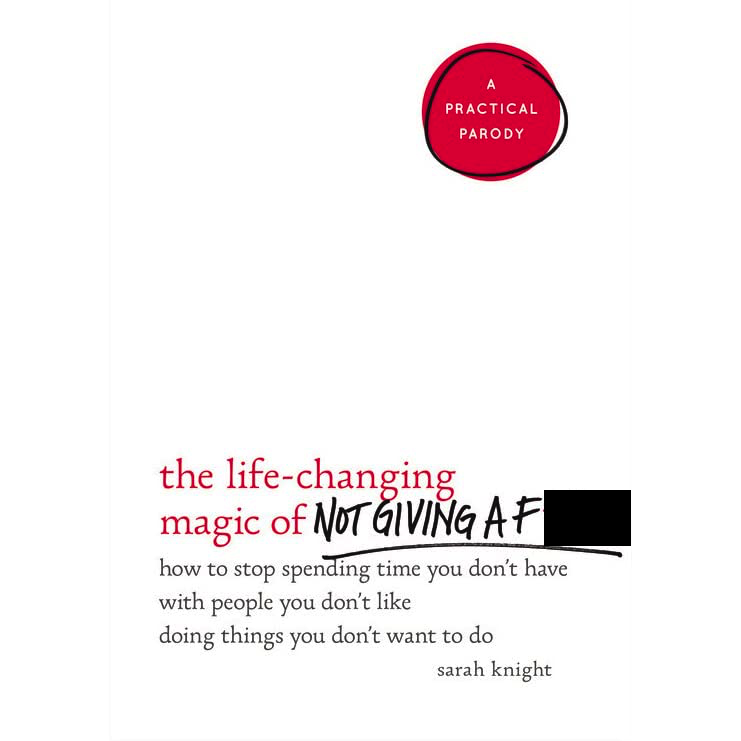I was requested to review The Purpose Driven Life several months ago by my religious sister.
She described the book as being religious in nature, which I took to mean, “Oh, like Jesus gets mentioned once every ten pages.”
It’s more like once every ten…letters. A rough summarization of the book is: “Here is how to Jesus God in God’s light with Jesus who is also God, church church church spirit live for God and Jesus amen.”
Which is fine. Let me start with that. This is probably a great book if you’re Christian and looking to improve the way you can live through Jesus, and God’s love and all of that fancy stuff. Go on, read it, experience God’s glory, have a baptism pool party, etc.
But I think the book remains a really interesting read for Godless heathens like me too, if you know how to interpret it in a way that’s relevant to your life.
So I’m not so much recommending the book for you fellow secular weirdos, as much as I am stealing the good parts for us–so that we too can benefit from the (good) lessons of Christianity without actually believing in Christianity.
(In the event you do exist, uh, my bad, God).
After all, Christianity does help some people. It can save lives, it can spread charity and goodwill, and it can help you to be a better person (It can also do a bunch of awful shit too, but this book fortunately doesn’t help with giving your niece body-guilt issues, and making gay kids kill themselves, so we can ignore that for now).
The catch of Christianity is that in order to unlock its powers, you have to believe there’s a dude in the sky controlling everything, that he sent his son to die for us (for some reason) who then came back to life, and that there is such a thing as your spirit.
And speaking on behalf of non-believers, oof, that’s a lot.

So instead of conversion, let’s give translation a shot.
God Thinks You Suck When You Don’t Help Others
The book starts off with something I can really appreciate–by saying that it’s not a self-help book, because self-help is inherently, well, selfish. If you think about it, in a world where problems like starvation, disease, and EDM festivals exist, reading something with the express intent of helping yourself is kind of a dick move (with like, one exception).
The purpose of your life, the book argues, isn’t to help yourself, but to serve God. Translated for agnostics, the primary surrogate for God throughout the book (and especially here) is humanity. Your life’s purpose isn’t to try to make your life great, but to make humanity great. Live with helping your fellow man in mind constantly, and you’ll make God (the world) happy.
So how do you make God the happiest? By finding what He intended for you. Translated, this means that God is like, “Yo, figure out how you can help the world most efficiently. My plan ain’t for you to get really good at Mario Tennis, idiot.”
So basically, if you’re spending your time working on making canoes and you suck at it, but you’d be really good at helping inspire others to give with your charm and affability, God is up there right now going, “I damn it, Greg! This isn’t why I made you!”
Your priority, in light of this, isn’t on what you love, but on how you can be the most useful.
While there are certainly exceptions, this isn’t a bad way to go through life–to stop your street bongo-ing that nobody gives a shit about, and to figure out how your talents can best serve the world. This not only is best for the world, but because people tend to pay for helpful things, it can be great for you too.
The advantage of having a religious focus is that it enforces these ideas. It keeps you focused on the small things that make God happy, which means even being a good person when it doesn’t seem to matter that much. This helps to make sure that people always hold doors open, and always say the nice thing, and always help their friend move even though it’s a Saturday and you had plans to spend $26 on brunch.
If the question you’re always asking isn’t “What should I do right now?” and is instead always, “What does God want?” the answer always comes back to whatever the least dickish thing is–no matter how small or seemingly meaningless. And if you’re always trying to answer that with your actions all the time, it’s very likely that you won’t be a dick.
At least, I’m pretty sure that’s God’s message.

But how does God keep you focused on all of this? How does Him watching you keep you from going, “Ah fuck this. I’ve got my own plan involving blankly scrolling through Instagram and half-assing my desk job?”
Heaven. Duh.
God (and Tommy Wiseau): “Don’t worry about it.”
The Purpose-Driven Life just hammers heaven into your head. Sometimes it’s literal, and sometimes it’s just the vague idea that, “No matter how shitty you feel, know that there is a plan in place. I mean sure you may die at 2 months old of AIDS, but dude, the end result of everything will still be awesome, so like, don’t worry about it. Maintain faith.”
This advice doesn’t suck for anyone–believer or otherwise. Hopelessness is totally stupid. No matter how rational it is, it doesn’t do anything for you, so pretending that there’s a plan with a positive result while you’re in a river of shit is generally a healthy way to approach life’s fucked up chaos.
But this doesn’t keep you on track, does it? Maintaining secular faith doesn’t motivate you to not be an asshole, because unless you’re super into karma (which, don’t be), there is no consistent link between good behavior and rewards, and therefore no punishment for dropping your turd in the societal punch bowl.
Be Greater Than Someone…Namely, You
But here’s the core of the book, and why the book, and religion in general, tends to be effective. To praise God, and to live for God, as it’s described, is to live by and for a purpose greater than your desires. This goes hand-in-hand with living for others, but it’s also crucial for self-improvement.
Living beyond our desires is crucial for reaching our real potential in life. If we don’t do this, we’ll have pizza and donuts for every meal, jerk off 8 times a day, and play WoW until the bank takes our shit because we haven’t paid our mortgage since we downloaded the Hut app.
This can be hard to do on our own though. Our desires are powerful, and extremely accessible. They’re just right fucking there all the time. It takes a ton of willpower to overcome that desire to do what we want to instead do what we need on a consistent basis…
…unless, you know, God is making you do it.
So that begs the question then: How do we do please God if we don’t believe in God? How do we continue to give a shit about living better, and being better every day without convincing ourselves that a higher power is pushing us, and tempting us with endless Donkey Kong and Apple Jacks (or whatever your idea of heaven is)?
At the risk of starting a new religion, I think you have to find something to believe in–not a God, or a reward, necessarily. I think you need to become fully aware of what a waste of space you are if you do nothing with your life, and you need to believe fully in yourself to not continue being that. Life carries with it a responsibility to not vacuum up resources without farting out something productive once in a while. You have to believe in that idea, and habitually keep it in mind. You have to feel bad sometimes in order to feel motivated to do good.
Basically original sin is real, and you’re a naughty child.
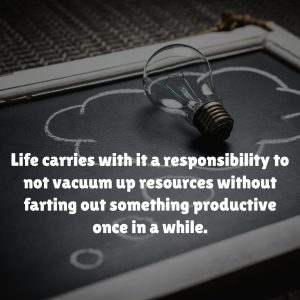
The secular version of that is to feel the guilt of the air you’re breathing right now, of the resources you’re using, of the planet you’re helping to destroy. As far as contributions to the planet, you start as a net negative, and most of us stay there, when morally, we are obliged to move beyond it to help the world.
We also need to believe that we can be this awesome, helpful, contributing member of society. We must never give up on the belief in our highest potential both for achievement, and for not being a fucking asshole.
Along with this, we need one other thing: irrational optimism. We need to substitute the idea that God has a plan for us with just some good old fashion hope. We need to be borderline mentally ill about what’s coming down the line, and how great it all eventually will be. We of course must work for what we want, but we also need to have undying faith that it will work out–no matter how many times reality kicks us in the nuts.
If you don’t believe in God, then think of it like this: humanity needs you to love it, and if you behave in service of humanity, and you have an irrational optimism that everything will turn out okay, you’ll have lived your purpose-driven, worthy, kickass life, and you won’t burn in eternal self-hatred.
Or at least, I’m pretty sure that’s what this is all getting at.


